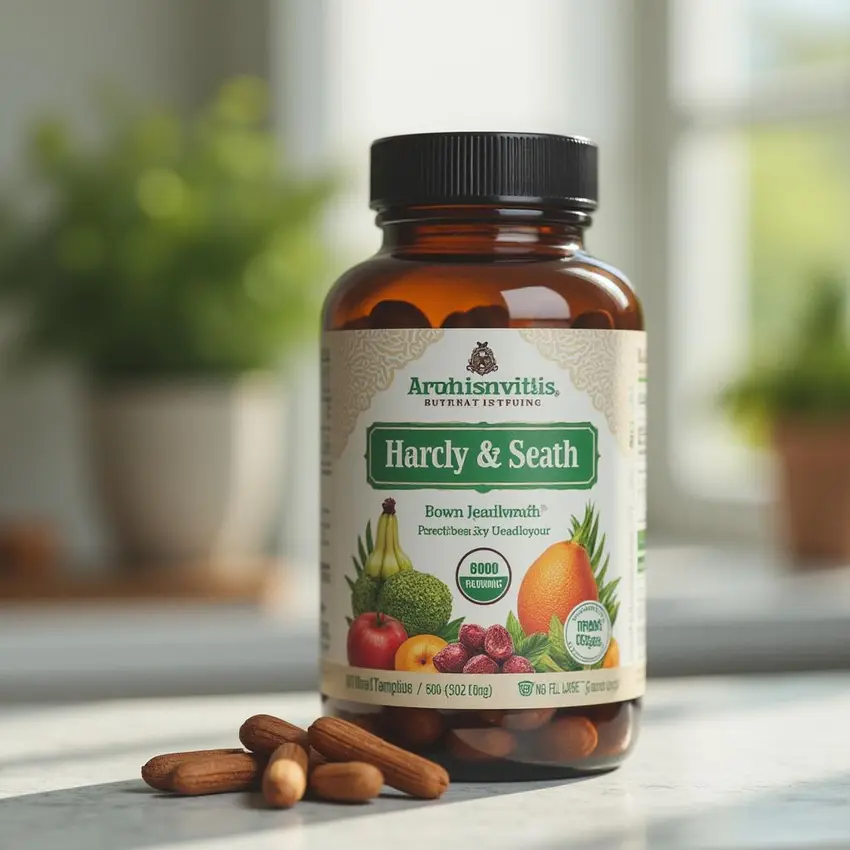Probiotics and Gut Health
The concept of gut health has gained significant attention in recent years, especially with the growing understanding of the gut microbiome’s role in overall well-being. At the heart of this conversation are probiotics, often dubbed the ‘good bacteria’ that can help maintain or restore a healthy gut environment. This blog post delves into what probiotics are, how they impact gut health, and practical ways to incorporate them into your daily routine.
Understanding Probiotics
Probiotics are live microorganisms, primarily bacteria and yeasts, that confer health benefits to the host when consumed in adequate amounts. These beneficial microbes naturally reside in our digestive tract and play an essential role in digestion, immune function, and even mental health.
The gut microbiome, a complex community of trillions of microorganisms, significantly influences our health. An imbalance between beneficial and harmful bacteria can lead to a range of health issues, from digestive disorders to obesity and autoimmune diseases. Probiotics can help restore this balance.
How Probiotics Support Gut Health
1. Restoring Microbial Balance: Probiotics can help replenish the good bacteria that are often depleted by stress, poor diet, antibiotics, and illness. For instance, when you take antibiotics, they kill not only the bad bacteria but also the good ones, potentially leading to gastrointestinal issues. Probiotic supplementation can help restore the balance faster.
2. Enhancing Digestion: Certain strains of probiotics assist in breaking down food, aiding nutrient absorption. They can also help in the digestion of lactose, making dairy more tolerable for those who are lactose intolerant.
3. Boosting Immunity: A healthy gut microbiome plays a crucial role in regulating the immune system. Probiotics may help enhance the production of antibodies and stimulate immune cells, therefore contributing to a more robust immune response.
4. Reducing Inflammation: Probiotics have been shown to reduce inflammation in the gut, which is associated with various gastrointestinal disorders, including inflammatory bowel disease (IBD) and irritable bowel syndrome (IBS).
5. Supporting Mental Health: Emerging research suggests a strong connection between gut health and mental health, known as the gut-brain axis. Probiotics may impact mood and cognitive function by producing neurotransmitters like serotonin in the gut.
Choosing the Right Probiotics
With numerous probiotic products available, selecting the right one may feel overwhelming. Here are some factors to consider:
1. Strain Specificity: Different probiotic strains have unique benefits. For gut health, look for strains such as Lactobacillus rhamnosus, Bifidobacterium bifidum, and Saccharomyces boulardii. Research the specific strains included in your chosen product and their associated benefits.
2. CFU Count: CFU, or Colony Forming Units, indicates the number of viable microorganisms in a probiotic. A higher CFU count may be beneficial, but it’s essential to ensure the product is backed by research proving its effectiveness.
3. Delivery Method: Probiotics can be taken as supplements in the form of capsules, powders, or liquids. Some fermented foods like yogurt, kefir, sauerkraut, and kimchi are great sources of natural probiotics. Choose a delivery method that fits your lifestyle and preferences.
Incorporating Probiotics into Your Diet
In addition to supplements, you can enhance your gut health through dietary sources of probiotics. Here are some foods to consider:
- Yogurt: Look for varieties that contain live active cultures.
- Kefir: A fermented milk drink packed with various strains of probiotics.
- Kraut and Kimchi: Fermented vegetables packed with flavor and beneficial bacteria.
- Miso: A traditional Japanese seasoning produced by fermenting soybeans.
- Tempeh: Fermented soybean product that can be a great meat substitute.
Consistency is key when it comes to probiotics. Incorporating these foods into your daily routine can help maintain a healthy gut microbiome over time.
Potential Side Effects and Considerations
While probiotics are generally safe for most people, some individuals may experience mild side effects such as bloating or gas. Those with specific health conditions or compromised immune systems should consult a healthcare professional before starting any new supplement.
Ultimately, the journey toward optimal gut health is multifaceted. Alongside probiotics, maintaining a balanced diet, staying hydrated, managing stress, and getting regular exercise are all crucial components of a healthy lifestyle.

